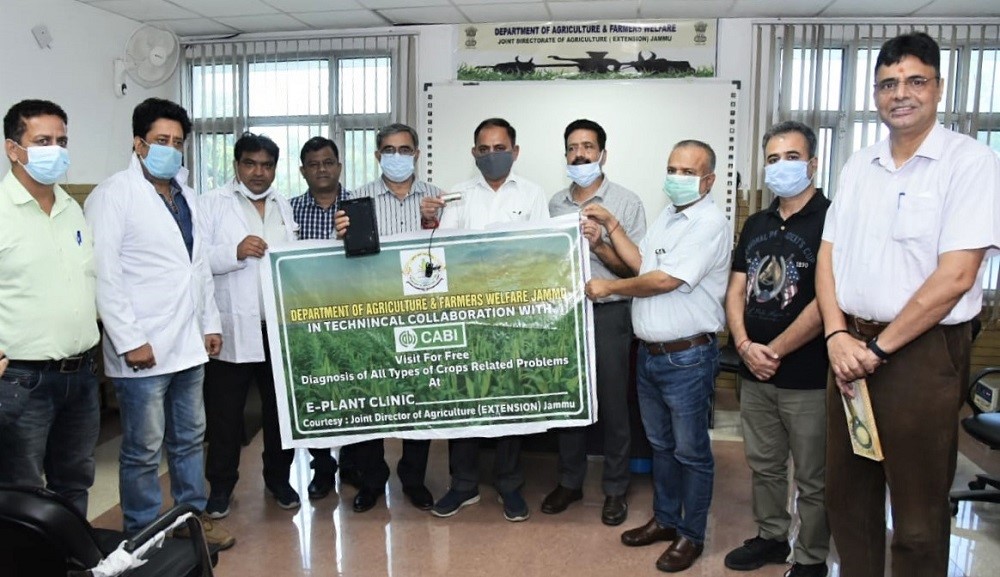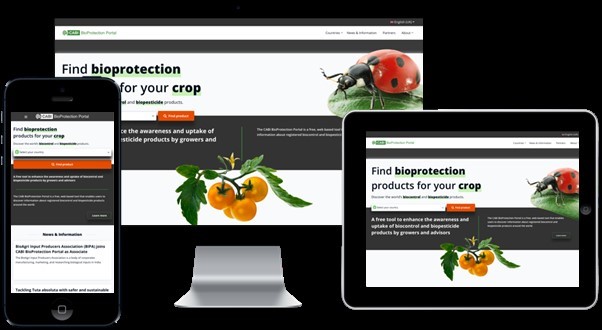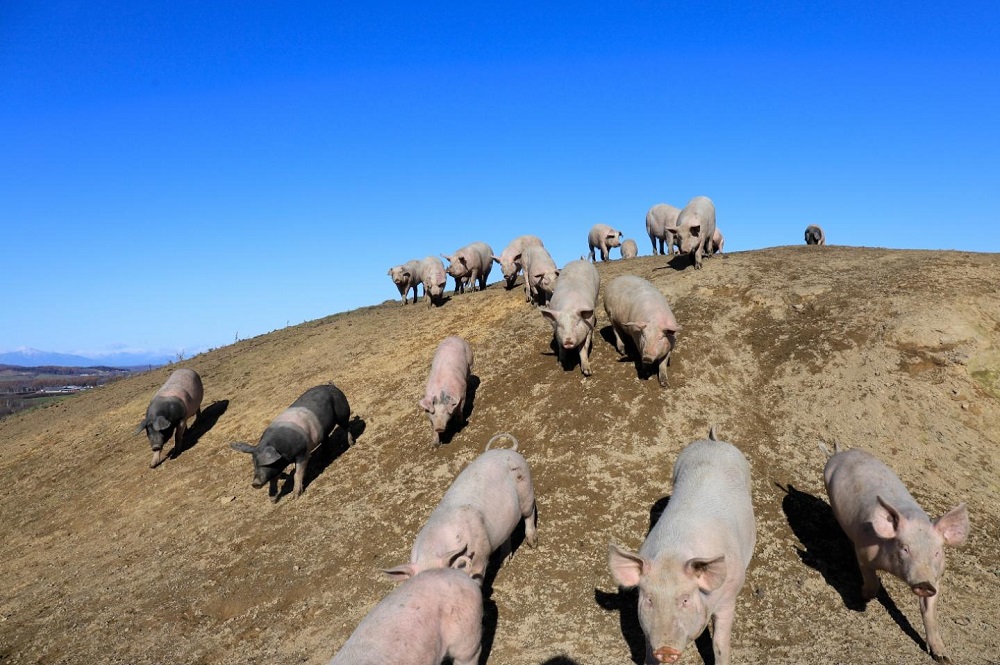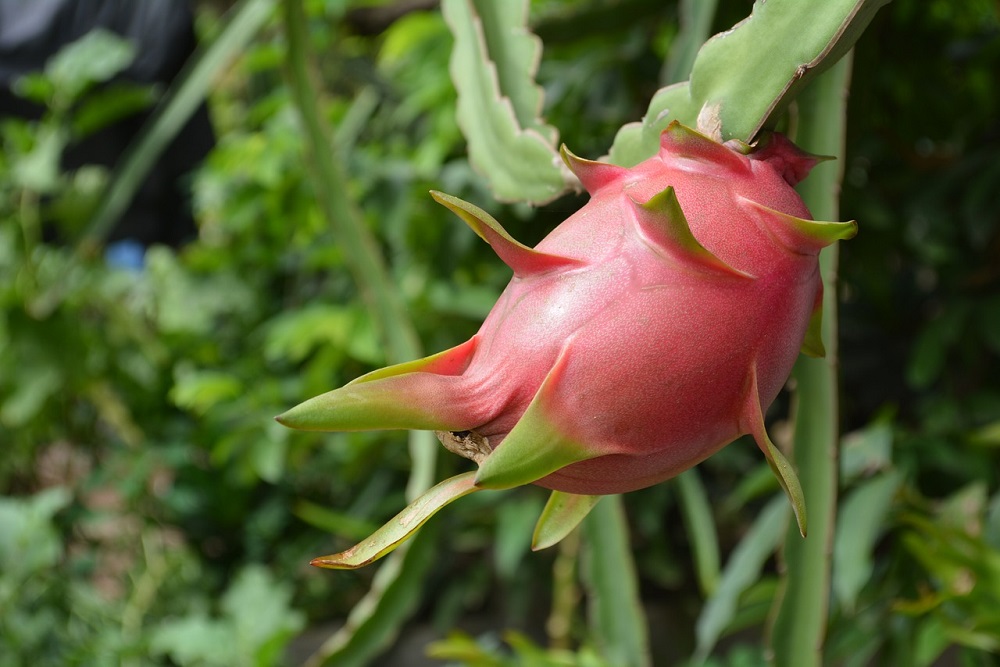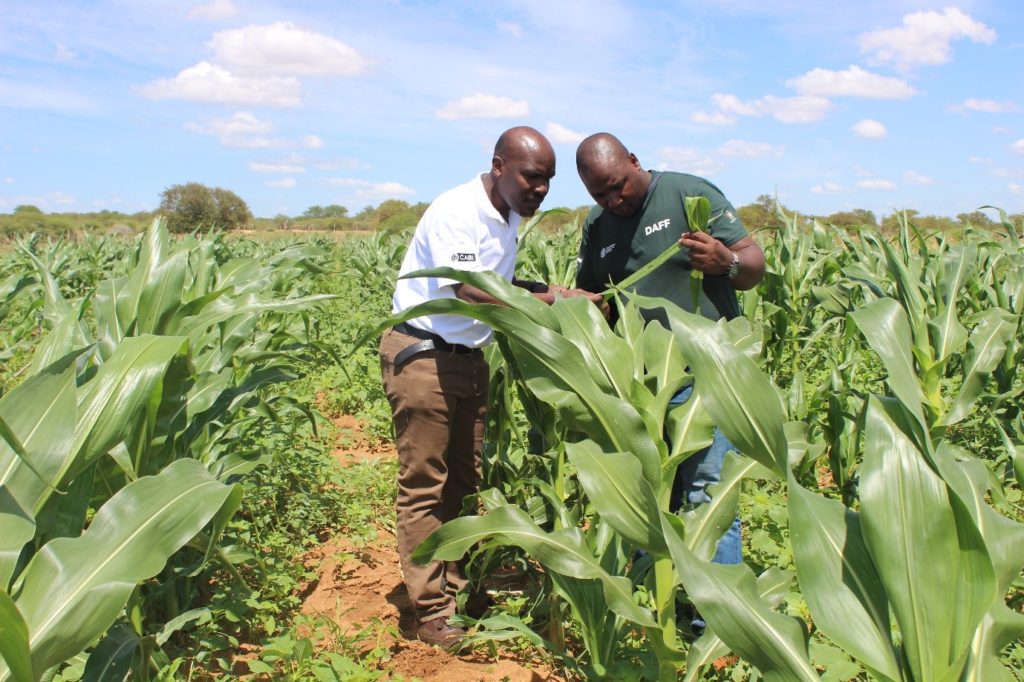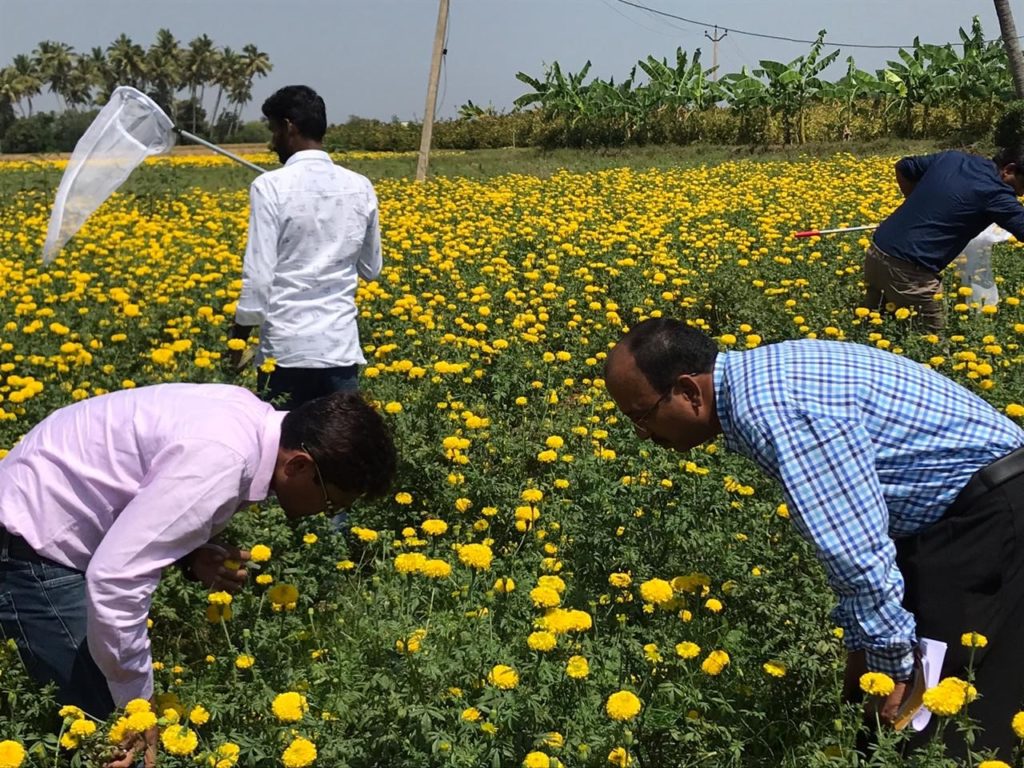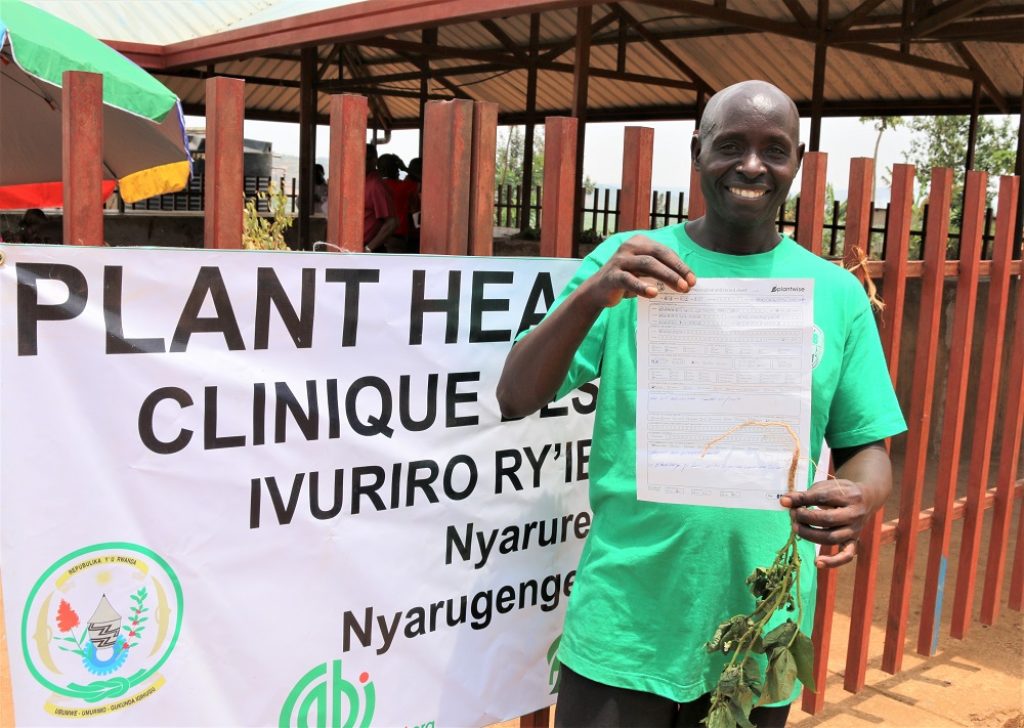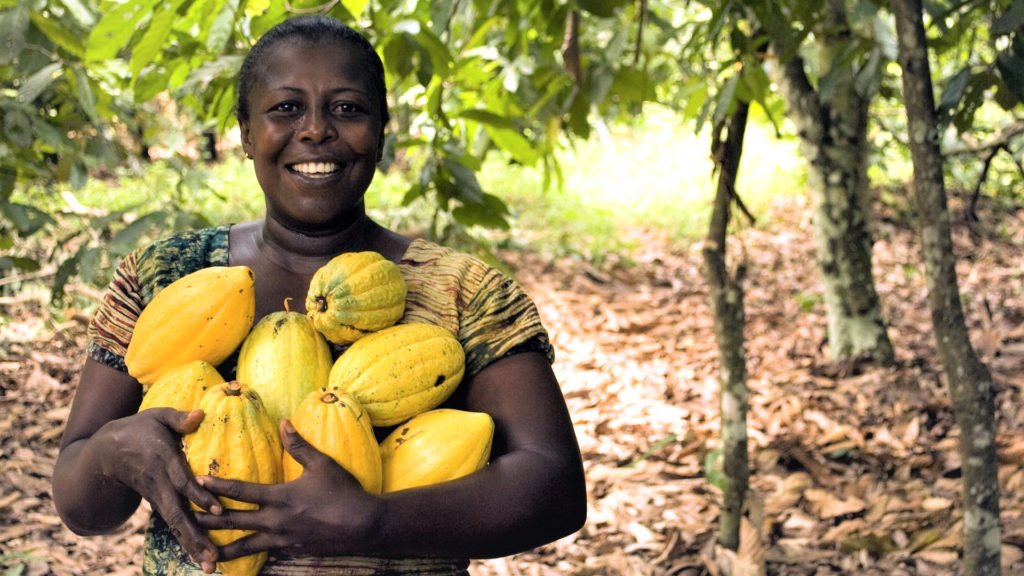Plant doctors help in fight against crop threats in Jammu, India
The role Plantwise plant doctors play in helping smallholder farmers mitigate crop losses due to pests and diseases has been lauded by K.K. Sharma – the Director of Agricultural Production & Welfare Department in Jammu, India.
BioProtection Portal benefits showcased at BioProtection Day conference
CABI has showcased the benefits of the CABI BioProtection Portal during a special Bioprotection Day conference in Brazil held virtually in collaboration with Embrapa Soja the Brazilian Agricultural Research Corporation. The CABI BioProtection Portal is a free web-based tool that enables users to discover information about registered biocontrol and biopesticide products around the world and…
AI Plant Doctor app launched to help diagnose pests and diseases on dragon fruit crops in Vietnam
A new state-of-the-art mobile application has been launched – available on computers or smartphones – to help smallholder farmers in Vietnam identify pests and diseases which can devastate their dragon fruit crops. Vietnam is the largest producer of dragon fruit in Asia and is the leading exporter of the ‘super fruit’ in the world. According…
Funding boost to help CABI ensure greater global food security
CABI has today received a funding boost from the UK Department for International Development (DFID) which will help it increase its efforts to help ensure global food security by stepping up the fight against crop pests and diseases. DFID has allocated CABI a share of a £61 million package to help equip millions more smallholder farmers around…


